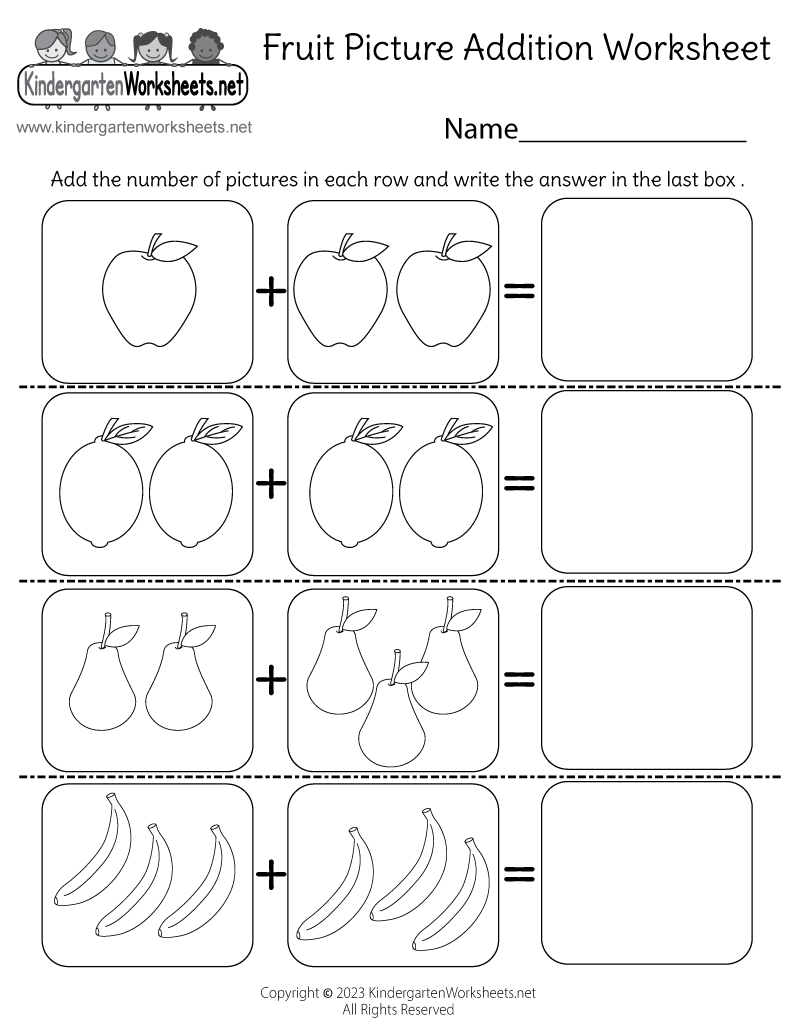

These skills lay the foundation for more complex concepts like addition and subtraction. For preschoolers, some of the most important math skills include number recognition, counting, and sorting. Research has shown that math skills learned in early childhood can have a lasting impact on a child’s success in school and beyond. This helps your toddler to work on building those important spatial sense and measurement skills.There’s no need to wait until school to start teaching your child early math skills. “This mango is much bigger than that one.” You can also ask your child to point out which item they think is smaller or larger. A market or food store are great places to do this together. Take notice of the sizes of objects you see in comparison to one another. See how high you can go! Compare and contrast Talk about how the pieces fit on top of one another and if the tower falls, why that happened. To make a tower together, you could use blocks, empty boxes, empty cartons or other child-safe objects you have around the house that will stack well. Stacking objects helps young children to learn about estimating size and understanding the relationship between different sized objects. If you’re making a snack, count out the food items on your plate: “There are one, two, three, four berries in our snack.” Build a tower Make sure to give them age-appropriate tasks and to supervise them closely while you create your culinary masterpiece! Talk about how much rice you need for your meal and show them how you measure it out. “Let’s make a row of lentils: red, green, red, green.” Have fun in the kitchenĬooking together is a great opportunity for your child to explore measurement and counting.

“Let’s put the red lentils in one basket and the green lentils in the other basket.” You can also lay the objects out in a pattern. To introduce these concepts to your toddler in a playful way, try playing a sorting game with objects around your house. Recognizing patterns and relationships lays the foundation for learning equations later in life.
#Basic math for preschoolers how to#
You don’t only need objects to learn how to count – you could also work on counting with your little one by counting out loud how many steps they take or how many times they clap their hands. “Let’s make three piles of three buttons.” This is a great way to introduce the concepts of numbers and operations (addition, subtraction, multiplication and division). “Look! We have one, two, three, four, five orange beads.” You can also separate them into groups. Count it outįind some small objects – such as shells or beads – to count together out loud.

“Look, the door on that house is a red rectangle!” Introducing these basic spatial sense skills – the concepts of shape, size, space and direction – will help your child later on in school when they start geometry.

Maybe on your walk together you notice a round stone or a square sign. Talk with your child about the shapes you see around you. Here are some simple (and fun!) ways to start thinking and talking about maths skills with your little one. Without even noticing it, we use mathematical language all the time – from using size comparison words like ‘big’ and ‘little’ to counting the number of utensils to put out for a family meal. Introducing maths to your child doesn’t have to be difficult.


 0 kommentar(er)
0 kommentar(er)
